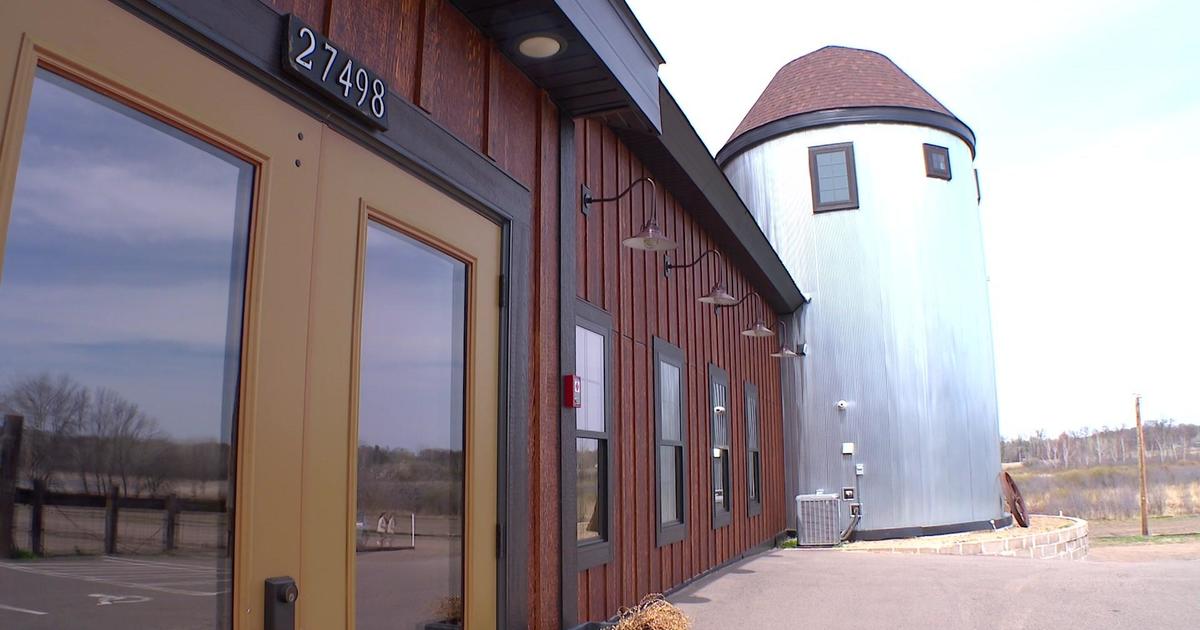Liquidation Of Troubled Charity Nears End
ST. PAUL, Minn. (AP) — After a year of dismantling, negotiating and legal pressuring, a politically connected Minneapolis nonprofit formed to serve the poor is closer to being wound down and entities stung by widely documented misspending are recouping at least some of their losses.
A flurry of recent state court filings details the liquidation of the troubled Community Action of Minneapolis. A court-appointed receiver has pursued money from former board members — including a Minnesota legislator and also an ally of a U.S. congressman — and made a real estate deal that the state remains squeamish about.
Next month, two state government agencies expect to receive a combined $754,000 in payback for grants siphoned from their intended purpose of providing heating money and critical services to low-income households. Audits revealing misuse of funds led to the nonprofit being raided and shuttered last year. Former chief executive Bill Davis and his son, Minneapolis police officer Jordan Davis, are due to go on trial next summer on federal embezzlement and fraud charges.
Future civil lawsuits are possible against executives and individual board members amid complaints they failed to exercise effective oversight, according to numerous court filings by receiver Michael Knight.
State Sen. Jeffrey Hayden of Minneapolis and his wife agreed to repay $2,750 in travel expenses, slightly less than was sought. Their attorney, Charles Nauen, said the couple wanted to avoid further haggling over expenses they still regard as legitimate. Theresa Hayden was the senator's proxy on the governing board.
"To litigate it would cost more than the amount of the claim," Nauen said. The Democratic senator still has a pending legislative ethics complaint against him.
Democratic U.S. Rep. Keith Ellison also held a board spot, though he designated Fay Harrison as his alternate. Knight recovered $2,500 from $8,870 worth of work done on Harrison's home that used nonprofit money. Ellison hasn't been implicated in misspending but could still be named in any breach of fiduciary responsibility claim, the court records say.
Substantial amounts are owed by other board members, organization executives and associated groups that had grant money passed to them. Cars, office furniture and computer equipment have been sold. The biggest upcoming infusion is from a headquarters building sale expected to close in early January for $622,000.
The Minnesota Department of Commerce and the Department of Human Services unsuccessfully opposed that transaction despite it being critical to their financial recovery. In court papers, they jointly raised concern about the Minneapolis chiropractor buying it, noting that Dr. Arthur Guzhagin is the subject of pending civil fraud and racketeering claims brought by insurance companies questioning the legitimacy of payments for patients he serves.
The agency lawyers wrote to a judge that "while the objection process may slightly delay the sale of property, the possibility of further delay associated with Dr. Guzhagin's potential inability to close on the property poses a greater financial risk to the estate of CAM." A judge recently ruled the sale can proceed, but Commerce Department spokesman Ross Corson said fraud allegations are a concern to the agency.
Guzhagin told The Associated Press on Friday he is the victim of an insurance company "bullying technique" and is an upstanding professional. He said the lawsuits are on the verge of settling.
"I've never had any issues to my license. There's definitely nothing for anyone to worry about," Guzhagin said. "I wouldn't enter into the contract for purchasing the property if I wasn't able to come up with the financing for it."
The Human Services agency stands to receive about $508,000 and Commerce is owed roughly $246,000, partly from building sale proceeds. The agencies initially sought a combined $1.15 million in Community Action claims, but their allowable reimbursement claim was whittled down through negotiations with Knight's team.
When it was operating, about 70 percent of Community Action's money came from state and federal grants, with the rest through agreements with utilities.
Corson said 11,000 clients who would have received heating assistance last year through the Minneapolis nonprofit instead got it through a neighboring Community Action Partnership of Suburban Hennepin County.
(© Copyright 2015 The Associated Press. All Rights Reserved. This material may not be published, broadcast, rewritten or redistributed.)



